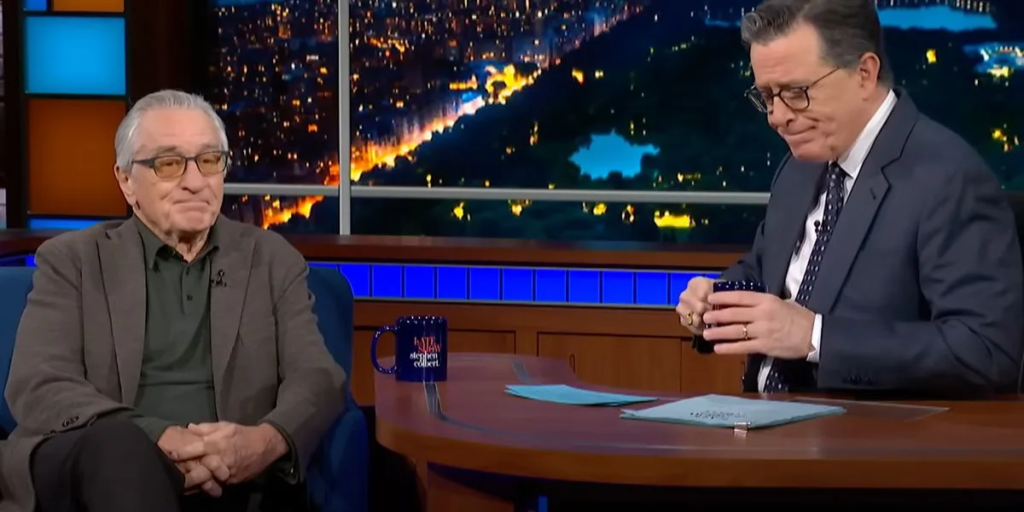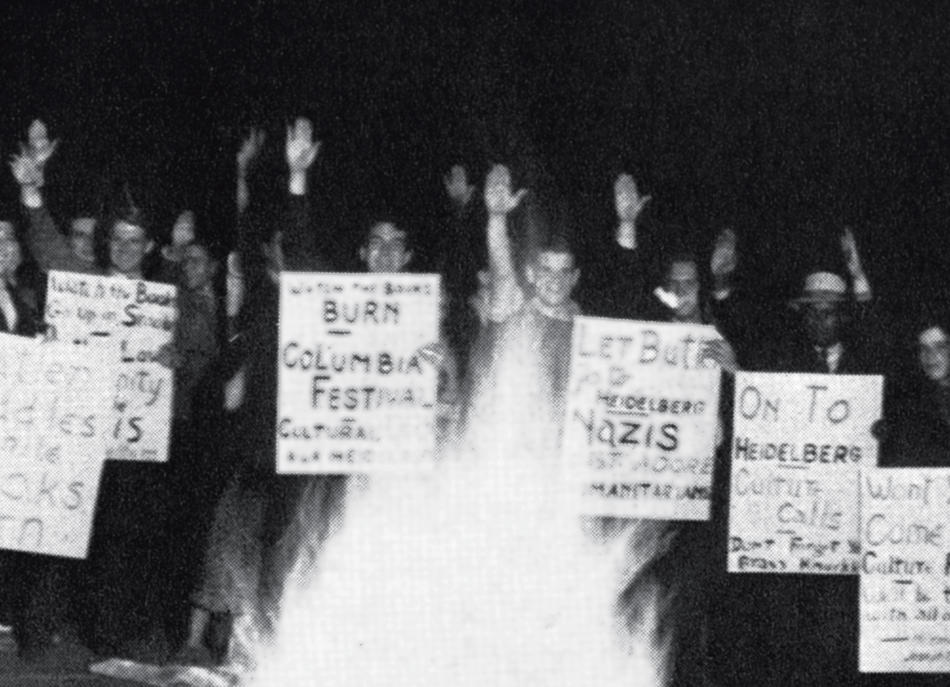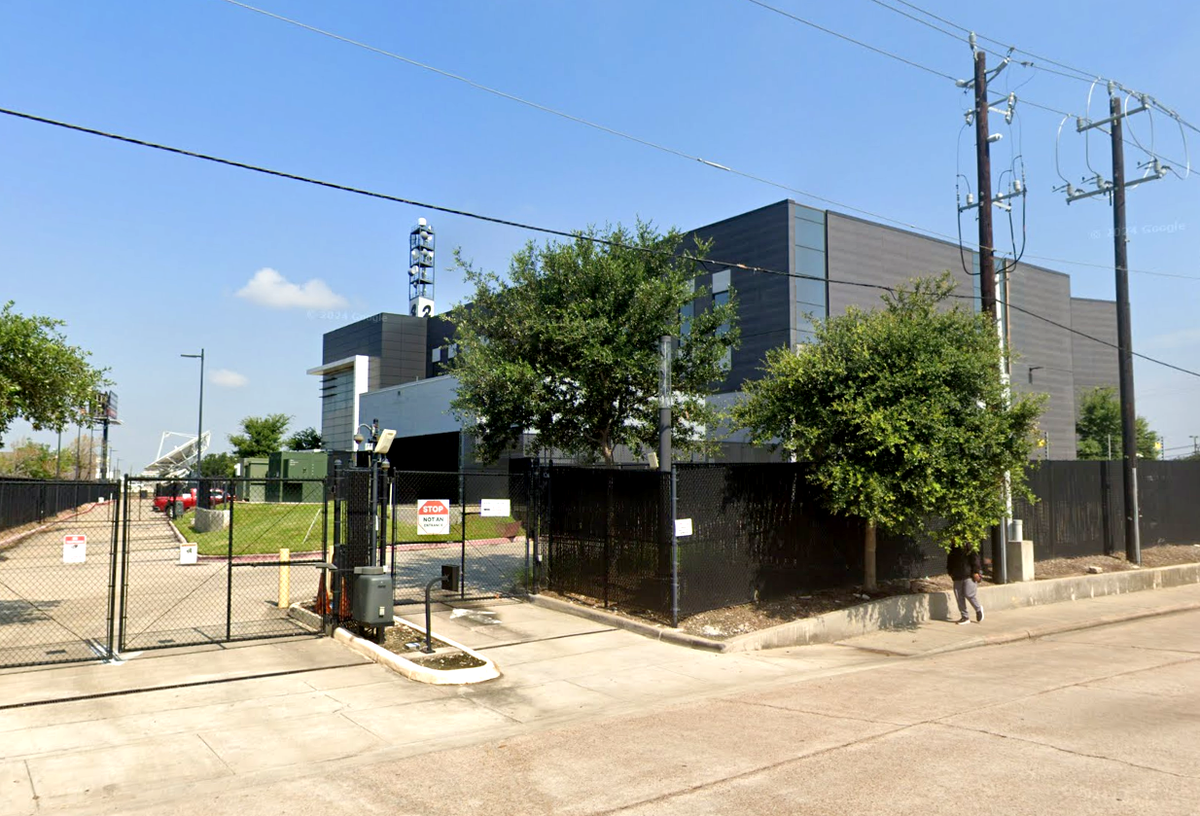Houston’s KPRC found itself at the center of controversy after airing a report on the Cypress-Fairbanks Independent School District’s (Cy-Fair ISD) removal of chapters from textbooks covering vaccines, climate change, and diversity.
The report featured historical Nazi Book Burning Clip, a decision that led to outrage among Republican lawmakers and supporters, who accused the station of equating conservative school board members to Nazis.
After mounting political pressure, KPRC removed the footage and issued a statement explaining their decision. This incident has ignited a broader debate about media representation, censorship, and political interference in educational content.
The Controversial Report and Its Fallout
The report in question was aired by KPRC, a local Houston news station owned by Graham Media Group. Investigative journalist Joel Eisenbaum introduced the segment by physically tearing out pages from a textbook, using the visual metaphor to highlight the school district’s decision to remove sections related to vaccines, climate change, and diversity. As part of the segment, footage of Nazi book burnings was included, drawing a parallel to historical instances of censorship.
Eisenbaum’s commentary on book banning being a longstanding practice was underscored by the juxtaposition of historical and contemporary examples. “Book banning, in one form or another, goes back a long time,” he said, as the report cut to the footage of Nazi book burnings. “And now it’s fashionable again, at least in some of our school districts.”
The inclusion of this imagery immediately sparked backlash from Republican figures who felt that it unfairly likened Cy-Fair ISD board members to Nazis.
Read : Nazi Salute Protester Among Eight Arrested During Pro-Palestine March in London
Several conservative lawmakers took to social media to condemn the station, with some labeling the segment as propaganda and accusing the media of engaging in election interference.
Read : Leningrad: Exploring the Birthplace of Vladimir Putin
Texas Representative Wesley Hunt, for example, argued that KPRC was attacking Republican school board members for prioritizing core academic subjects over what he described as “leftist indoctrination.”
Republican Senator Paul Bettencourt also criticized the report, stating that comparing elected school trustees to Nazis was an unjustified attack. Representative Steve Toth further fueled the outrage by sarcastically suggesting that Texas parents were being labeled as Nazi book burners simply for upholding traditional educational values.
KPRC’s Response and Decision to Remove the Clip
In response to the mounting political pressure, KPRC issued a statement acknowledging the concerns raised by Republican lawmakers and viewers.
Ana Lastra, the news director at KPRC, confirmed that the station had decided to remove the controversial footage “after weighing all options.” While maintaining that the facts of the story were accurate, Lastra admitted that the imagery used in the report may have been perceived as inflammatory and could distract from the core issue being reported.

“As journalists, our responsibility is to accurately represent facts and information, but I recognize the trust in our work can be undermined by such distractions,” Lastra stated. She further noted that the station would engage in internal discussions about the use of “tone, language, and video usage” to prevent similar controversies in the future.
Moreover, KPRC reached out to lawmakers to better understand their concerns and ensure that future reporting could avoid unnecessary controversies while still maintaining journalistic integrity.
The decision to remove the footage has been met with mixed reactions, with some arguing that the station caved to political pressure, while others believe it was a necessary step to maintain credibility.
The Broader Debate on Censorship and Education
Beyond the immediate controversy surrounding KPRC’s report, this incident highlights a larger debate on censorship in education and media.
The original issue covered in the report—the removal of chapters on vaccines, climate change, and diversity from Cy-Fair ISD textbooks—raises questions about what constitutes appropriate educational content and who gets to decide what students learn.
Some parents and educators have expressed concerns about the implications of these changes. Tara Cummings, a mother interviewed in the report, spoke about her daughter’s anxiety over the omission of key scientific topics from her coursework. Her daughter, who aspires to a career in medicine, was particularly concerned about the lack of information on vaccines and their role in public health.
KPRC reported that the school district had not responded to multiple requests for comment, including one made in person at a public board meeting. The lack of transparency from the district has only fueled the controversy further, with critics arguing that these curriculum changes were implemented without adequate public discussion.

On the other side of the debate, conservative groups argue that the school board’s decision is a necessary correction to what they view as politically motivated content in education. They claim that topics like diversity, climate change, and vaccine science are often presented with ideological biases and that schools should focus on core academic subjects instead.
This clash over curriculum changes and media portrayal reflects the broader cultural and political divide in the United States. Education has increasingly become a battleground for ideological conflicts, with debates over book bans, critical race theory, gender identity, and science education becoming flashpoints in school board meetings across the country.
The controversy surrounding KPRC’s report on Cy-Fair ISD’s textbook changes underscores the complexities of media representation, education policy, and political discourse in contemporary America.
The removal of historical Nazi book burning footage in response to Republican outrage demonstrates the delicate balance that news organizations must strike between journalistic integrity and public perception.
While KPRC stood by the facts of its reporting, the decision to edit the segment reflects the powerful influence that political figures can have on media narratives. At the same time, the debate over educational content remains unresolved, with parents, educators, and policymakers continuing to grapple with questions about what should be taught in schools.
As ideological battles over education intensify, it is likely that similar controversies will arise in the future. The challenge for both journalists and educators will be navigating these debates while upholding principles of truth, transparency, and fairness.

